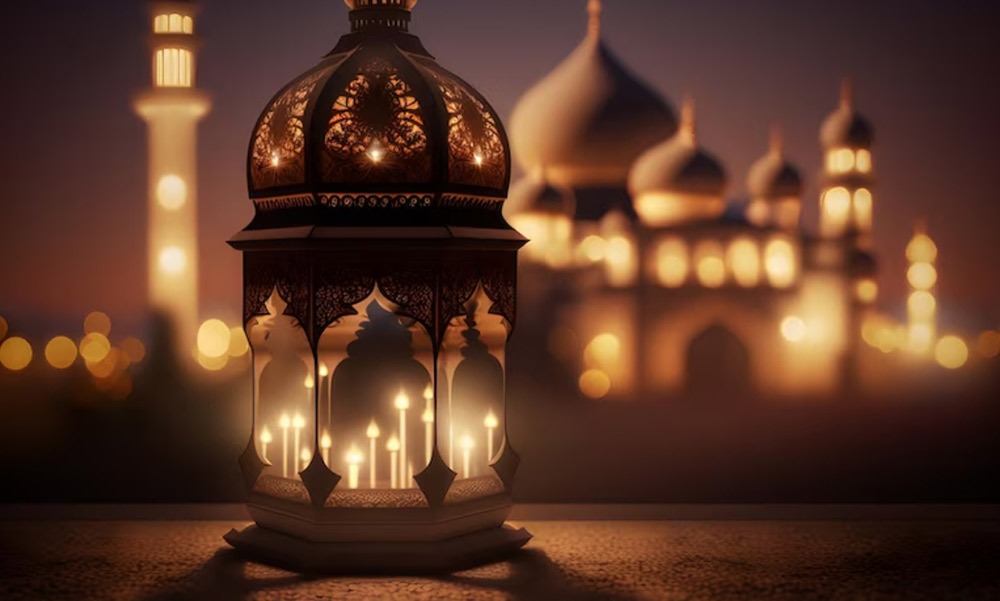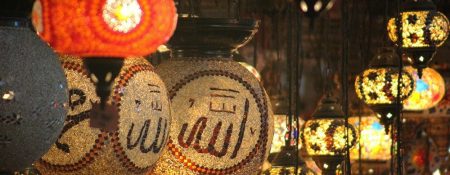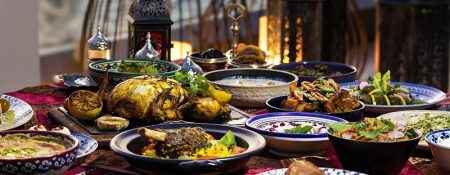
These prayers are not obligatory, but many Muslims consider them to be an important part of the holy month. It is believed that the offering Tarawih throughout Ramadan is a good deed, and its results will be forgiveness of past sins. Many Muslims thus seek to join the community and the Imam for additional prayers in order to spend the holy month as properly as possible and receive more blessings.
In the Hadith, a story is told that when the Prophet Muhammad (PBUH) for the first time offered the Tarawih prayer, several people joined him, but then the number of people began to increase. When the prophet saw this, he did not come out for prayer and explained this by saying that he did not want this prayer to become obligatory. His decision was to leave her voluntary, one that people can offer at any time of the night, even at home. But in modern Muslim countries, most people still prefer to pray in mosques. It is believed that the prayer offered in this way is rewarded much more.
O Allah, on this day, let me have mercy on the orphans, and feed [the hungry], and spread peace, and keep company with the nobleminded, O the shelter of the hopeful.




Ramadan, the holiest month in the Islamic calendar, is a time of spiritual reflection, self-discipline, and communal unity for Muslims around the world. In the United Arab Emirates (UAE), Ramadan holds significant cultural and religious importance, shaping the rhythm of daily life and fostering a unique atmosphere of warmth and spirituality.
The vibes of Ramadan in the UAE are palpable, as the entire country undergoes a transformative experience. From the breaking of dawn until the setting of the sun, the streets come alive with a sense of anticipation and reverence. The bustling cities slow down, and a serene ambiance takes over as families and communities come together to observe this sacred month.
One of the most cherished aspects of Ramadan is the spirit of giving and charity. Throughout the month, Muslims are encouraged to practice acts of kindness, generosity, and compassion towards those less fortunate. In the UAE, numerous charitable initiatives and community-driven efforts are organized to support those in need, reflecting the country's commitment to fostering solidarity and empathy.
The cultural importance of Ramadan in the UAE is deeply ingrained in the fabric of society. It is a time for strengthening familial bonds, reconnecting with loved ones, and honoring traditions passed down through generations. Families gather each evening for Iftar, the meal to break the fast, where a rich tapestry of traditional Emirati cuisine is shared and enjoyed in a spirit of unity and gratitude.
The UAE also embraces the diversity of its population during Ramadan, with residents from various cultural backgrounds coming together to partake in the festivities. Non-Muslims are welcomed to join in the spirit of Ramadan, participating in community events, and sharing in the sense of togetherness that defines this auspicious month.
Celebrations during Ramadan in the UAE extend beyond the confines of the home, with vibrant Ramadan tents set up in public spaces and hotels offering lavish Iftar buffets. These gatherings serve as focal points for socializing, where friends and colleagues come together to enjoy sumptuous meals and engage in lively conversations late into the night.
As the month draws to a close, the atmosphere becomes even more heightened with the arrival of Eid al-Fitr, the festival marking the end of Ramadan. Streets are adorned with festive decorations, and families gather to celebrate with feasts, gift-giving, and prayers of gratitude.
In essence, Ramadan in the UAE is a time of spiritual renewal, cultural celebration, and communal harmony. It serves as a poignant reminder of the values of compassion, tolerance, and unity that form the bedrock of Emirati society, making it a truly special and cherished time for all who call the UAE home.